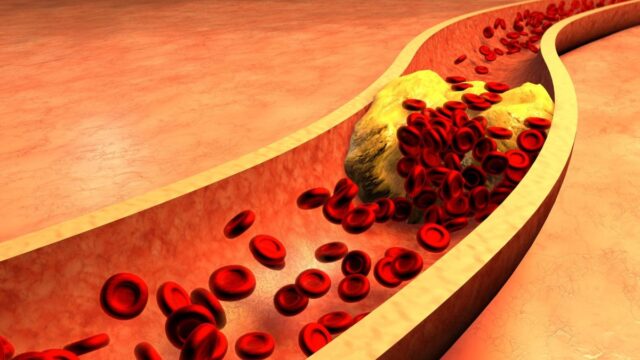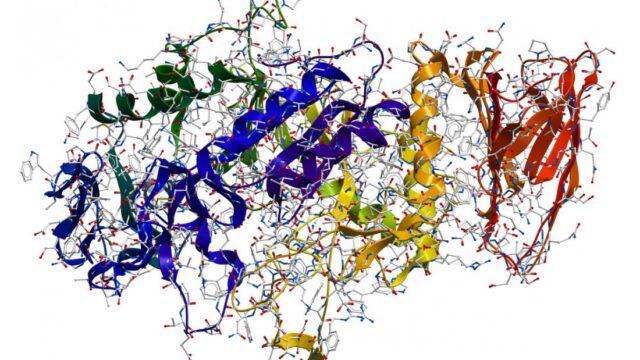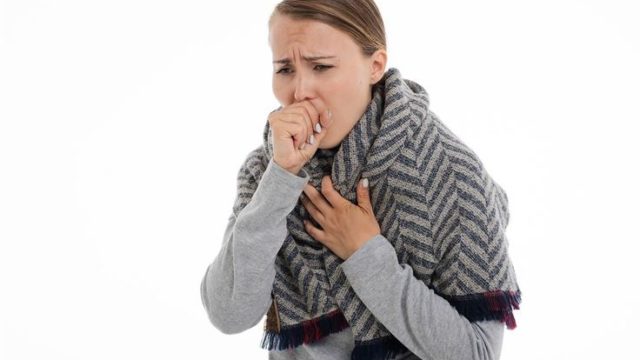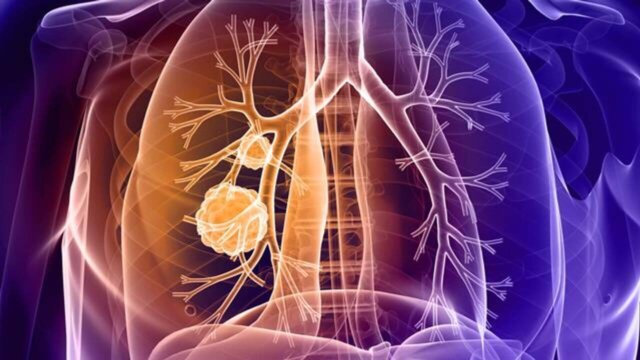FTC disclaimer: This post may contains affiliate links and we will be compensated if you click on a link and make a purchase.
Asthma is a chronic disease of the respiratory system caused by the inflammation and swelling of the airways in the lungs. The asthma symptoms vary for every asthma patient depending upon the severity of the condition.
Some patients may suffer from mild asthma and have infrequent asthma flare-ups. Moreover, they may breathe quite normally between two asthma attacks.
Some people may experience asthma symptoms at night, while some patients may have symptoms of asthma every day.
These asthma patients may also suffer from frequent asthma flare-ups. In some cases, people may develop asthma only after exercising or when they suffer from viral infections such as colds and flu.
Some patients may not experience all the asthma symptoms during an asthma attack. Furthermore, the symptoms may differ from one asthma attack to the next, depending on whether the attack is mild or severe.
People suffering from asthma experience asthma symptoms when their airways are inflamed or filled with mucus.
Common Symptoms of Asthma
Some of the most common symptoms of asthma are as follows:
- Coughing, especially at night
- Wheezing
- Shortness of breath
- Chest pain
- Difficulty in talking
- Blue fingernails or lips
- The feeling of anxiety and panic
- Feeling of tightness in the neck and chest called retraction
- Pale, sweaty face
People may suffer from severe asthma attacks that may require hospitalization. People suffering from mild asthma symptoms need to be treated to prevent severe asthma and to keep their asthma condition under control.
Serious Asthma Symptoms (Warning Signals)
Some people may suffer from symptoms that could be considered warning signals of an asthma attack. Some of these warning signals are as follows.
- Frequent cough that worsens at night
- Feeling very tired and weak while exercising
- Wheezing or coughing after exercising
- Having short periods of breathing difficulties
- Decrease in the lung function as recorded by the peak flow meter
- Signs of cold, such as throat irritation, runny nose, sneezing, and nasal congestion
- Having sleep disturbances
When you suffer from these warning signals, you should prevent them from developing asthma symptoms by increasing the dosage of asthma medication.
What are the symptoms of an asthma attack?
It’s estimated that asthma affects around 339 million people worldwide. Asthma is a chronic lung condition that causes symptoms like shortness of breath, wheezing, and coughing.
Asthma attacks happen when the airways become narrow, and the lungs produce more mucus. This can be triggered by exercise, cold air, smoke, or allergens.
The symptoms of an asthma attack can vary from person to person. Some people may only have a mild attack, while others may experience a more severe attack. The symptoms of an asthma attack can include the following:
- Shortness of breath
- Wheezing
- Coughing
- Chest tightness
- Difficulty talking
Other symptoms may include:
- Rapid breathing
- Pale or blue skin color
- Sweating
- Anxiety
Asthma attacks can happen suddenly and can be triggered by many things, including:
- Exercise
- Allergies
- Cold air
- Cigarette smoke
- Strong emotions
Some people with asthma have occasional attacks, while others may have them more often.
If you think you or someone you know is having an asthma attack, it’s important to act quickly. Asthma attacks can quickly become life-threatening.
If you have asthma, it’s important to work with your doctor to create a plan to manage your asthma and prevent attacks. This may include taking daily medication, avoiding triggers, and having a quick-relief inhaler.
What are the Symptoms of Asthma in Adults

When you think of asthma, you might think of a childhood condition that affects young children. However, asthma can also affect adults. Asthma is one of the most common chronic conditions in the United States.
According to the Asthma and Allergy Foundation of America, more than 25 million people in the United States have asthma. That’s one in every 12 people.
While asthma can develop at any age, adult-onset asthma is becoming more common. The prevalence of adult-onset asthma has increased by 50% over the past decade.
There are many reasons why you might develop asthma as an adult. If you have never had asthma, it could be due to environmental factors, such as air pollution or allergies. If you have had asthma as a child, it’s possible that it could have been undiagnosed or that your symptoms have changed over time.
Whatever the reason, it’s important to be aware of the symptoms of adult-onset asthma so you can get the treatment you need.
The most common symptom of asthma is shortness of breath. You might also experience wheezing, chest tightness, or coughing. These symptoms can come on suddenly and can be severe.
You might find that your symptoms worsen at certain times of the day or night. They might be triggered by exercise, cold air, or allergies.
Also, you must see a doctor for a proper diagnosis. Many tests can be done to diagnose asthma, such as lung function tests and allergy tests.
Once you have asthma, you must work with your doctor to develop a treatment plan. This might include avoiding triggers, taking medication, and using a rescue inhaler.
In last, it’s important to be prepared for an asthma attack. This means always having a rescue inhaler with you and knowing what to do in the event of an attack.
What is Childhood Asthma Symptoms?

Childhood asthma can be a frightening experience for both children and parents. Symptoms can appear suddenly and without warning, making it hard to know when an asthma attack may happen.
Most children with asthma will have symptoms that come and go. For some, asthma is a minor nuisance. But for others, it can be a serious, even life-threatening condition.
The good news is that childhood asthma can be managed with the help of a doctor and a good asthma action plan.
What are the symptoms of childhood asthma?
The most common symptom of childhood asthma is wheezing. Wheezing is a high-pitched whistling sound that is made when you breathe out. It can happen when your airways are narrow or blocked.
Other asthma symptoms in children include:
- Coughing, especially at night
- Shortness of breath
- Chest tightness or pain
- Troubled sleeping
- Difficulty playing or exercising
- A whistling or squeaky sound when breathing in
- Fatigue
Not all children with asthma will have all of these symptoms. And some children may have asthma symptoms only during certain times, such as when they have a cold or are around certain triggers.
What causes childhood asthma?
Childhood asthma is caused by a combination of genetic and environmental factors.
Some children are more likely to develop asthma because it runs in their family. But your child can still develop the condition even if no one in your family has asthma.
Environmental factors that can trigger asthma symptoms include:
- Cigarette smoke
- Air pollution
- Dust mites
- Mold
- Pet dander
- Cockroaches
- Strong emotions or stress
- Exercise
- Cold air
- Allergies
When should I see a doctor?
If you think your child may have asthma, it’s important to see a doctor. Asthma can’t be diagnosed with a blood test or X-ray. A doctor will diagnose asthma by doing a physical exam and asking about your child’s medical history and symptoms.
Your doctor may also do a breathing test to see how well your child’s lungs work.
Asthma is one of the most common diseases that occur in children. In the case of children, they may experience their first asthma attack right at the age of 5.
Not all children suffer from asthma wheezing. In some cases, children suffering from asthma may only show symptoms of frequent coughing.
As a result, asthma in these children may not be diagnosed for several years, and the cough may be attributed to bronchitis in children.
Conclusion
It has been reported that in case of asthma patients who monitor their asthma symptoms and take their prescribed asthma medications regularly have fewer emergency asthma attacks and hospitalizations compared to those who do not monitor their asthma symptoms.
The symptoms vary for every asthma patient, so the doctor asks questions based on the asthma symptoms.
This helps him devise an asthma action plan and medication dosage for every asthma patient.
Thus, depending on which of the asthma symptoms is bothersome, the doctor will put forth an asthma action plan to help you manage your asthma condition.
If you have asthma, it’s important to talk to your doctor about managing your condition and what to do in the event of an attack.








